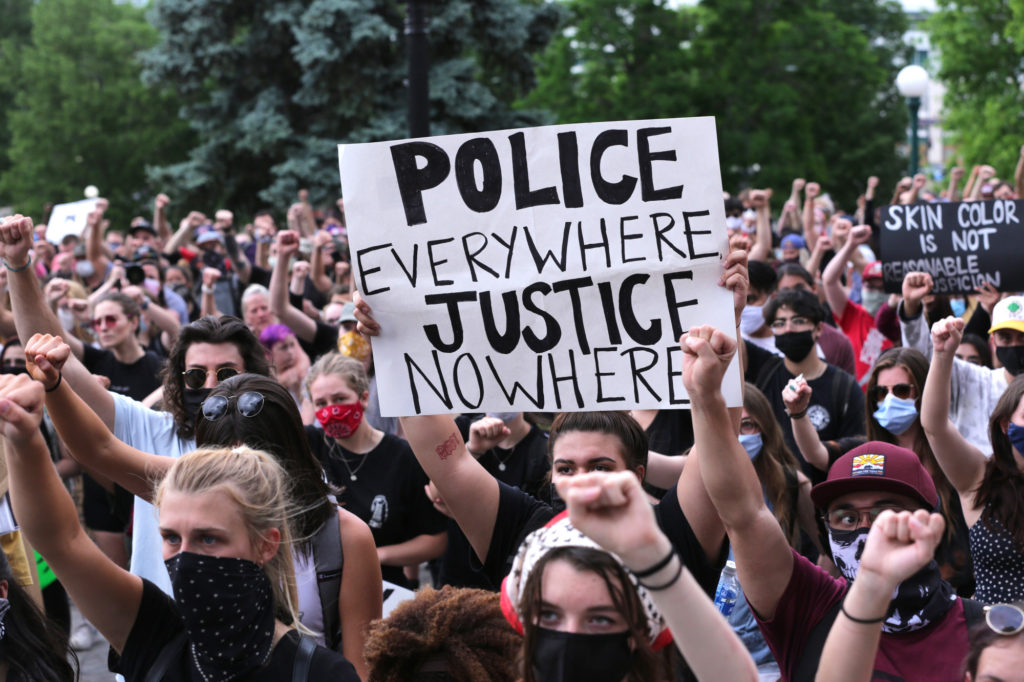Are There Good Cops? Part 1

Over the next several days at least, I am going to be linking to and writing up a bunch of stories about the police under the following thesis: Most cops are bad and that when we talk about “good cops,” it’s up to the police to prove that to us. Even I as a middle-class normal looking white guy with no arrests has experienced nearly every interaction with the police in my life as starkly negative. The evidence is so overwhelming that the police are a cancer on society that it’s up to them to prove they are not malignant and deserve to be removed from our lives.
Let’s start in Boston, where a longtime cop and the president of the police union (ffs) has been exposed for the sexual abuse of children–which was well-known internally!
A report in The Boston Globe reviewed the handling of sex abuse allegations involving Patrick M. Rose, 66, the former president of the Boston Police Patrolmen’s Association, the largest and most muscular of the city’s three major police unions.
The police, The Globe reported, had allowed Mr. Rose to serve for more than two decades after a 12-year-old accused him of sexual assault. Though the victim ultimately recanted and the criminal case was closed, an internal affairs investigation by the police subsequently found he had most likely broken the law.
Those allegations resurfaced last year, when another child came forward, alleging abuse between the ages of 7 and 12, followed by four more victims. Mr. Rose was ultimately charged with more than 30 counts of sexual abuse of children.
My god….
Marty Walsh, now Secretary of Labor, clearly knew this too and did nothing about it. Whether this should force him to resign his Cabinet position is a question we can leave for later. But the new mayor, Kim Janey, a Black woman who is running for a full term, is taking a starkly different path:
“As a mother and as a grandmother I was heartbroken and angry to learn nothing was done to keep Mr. Rose away from children, or to terminate him, for that matter,” she said. “Transparency cannot wait any longer.”
Her decision points to a larger political calculus, said Daniel Medwed, a law professor at Northeastern University.
“She has probably made the calculation that she is better off without the police, which is amazing,” he said. “Because the support of the police is, to some extent, code for the support of white voters in Boston.”
This election will provide a snapshot of a city undergoing rapid change, as professionals move into neighborhoods once dominated by middle-income Irish-American and Italian-American families.
Though Boston’s white population had dipped to 44 percent by 2017, white voters historically turn out in far greater numbers in city elections, and police union endorsements, telegraphed early in the race, were signals to them.
This year, however, “none of the top-tier candidates are shopping for police support,” said Erin O’Brien, a professor at University of Massachusetts Boston.
Now, uncovering these records could have a negative impact on the victims. That’s hardly something to just ignore. But it’s also critical to keep monsters like this on the force. The larger question that no one wants police support to win the mayor’s race in Boston is really quite fascinating and a sign of just how police actions have poisoned so many people against them.


